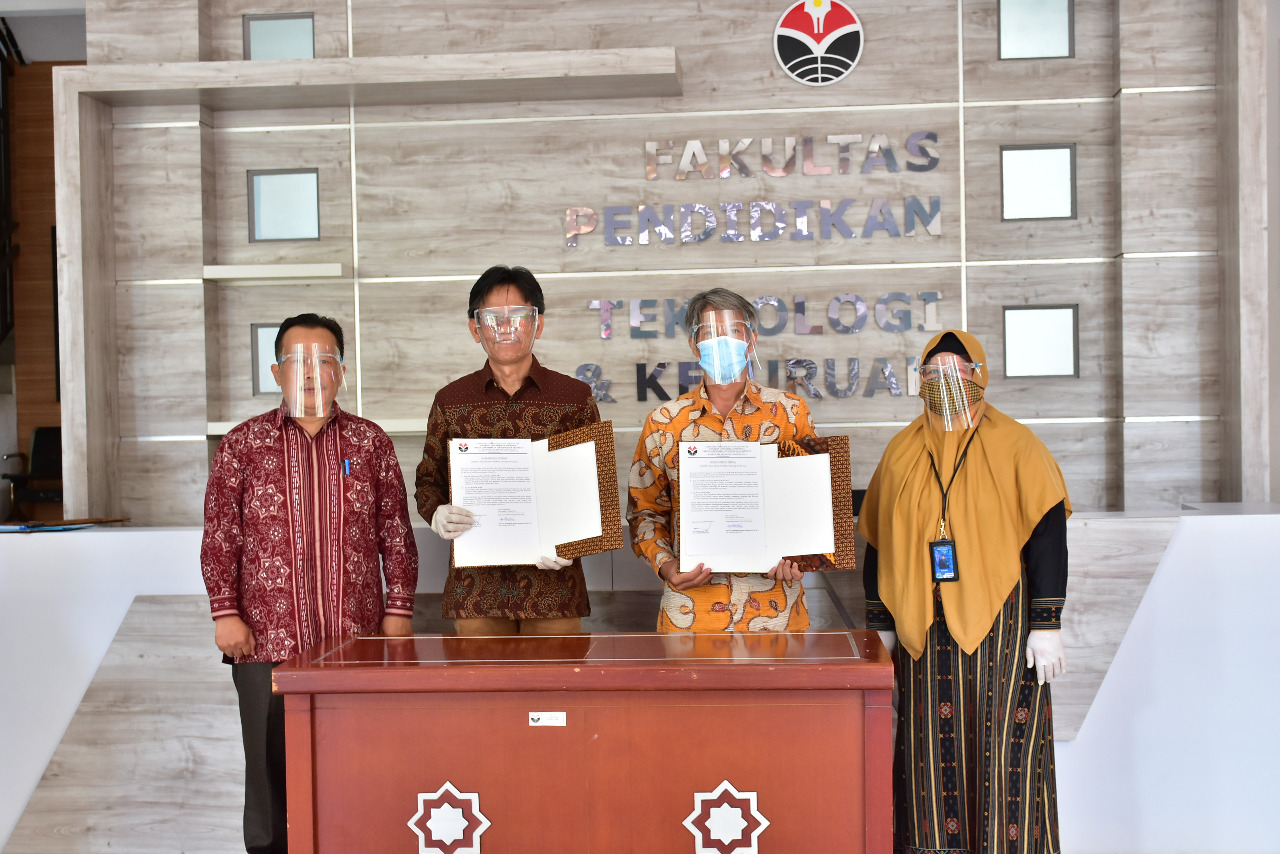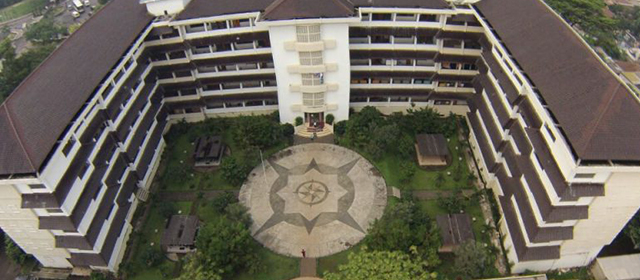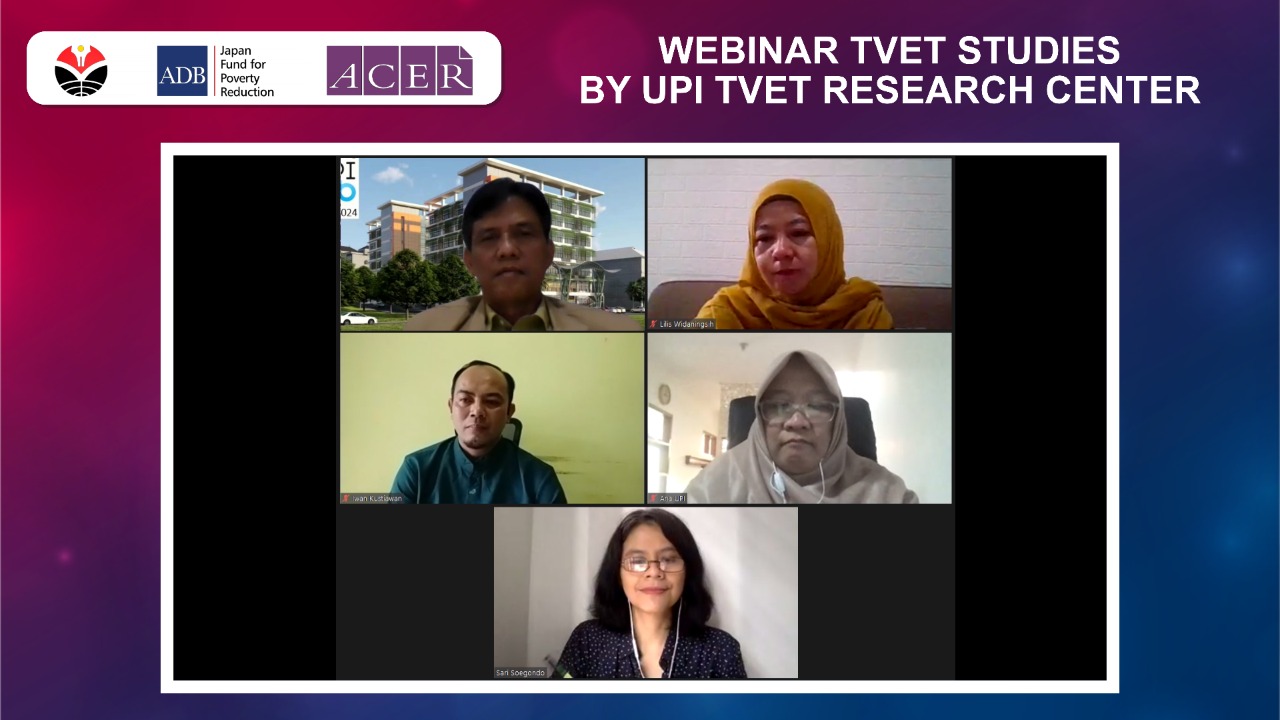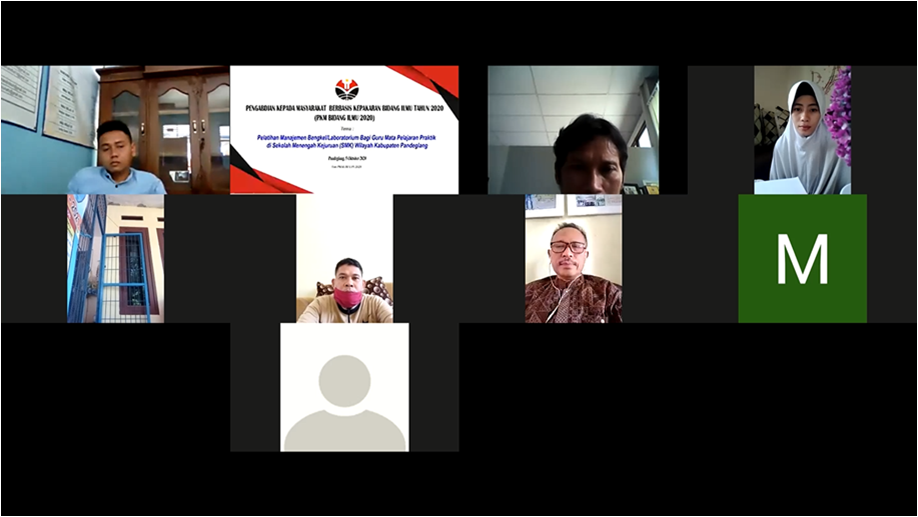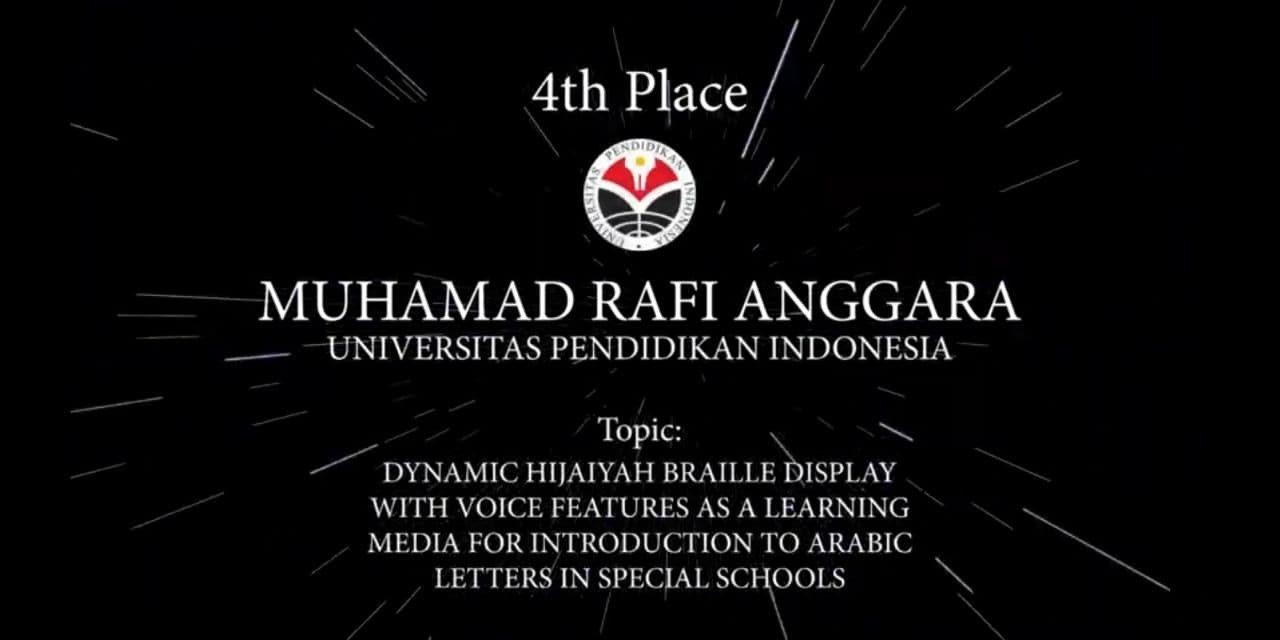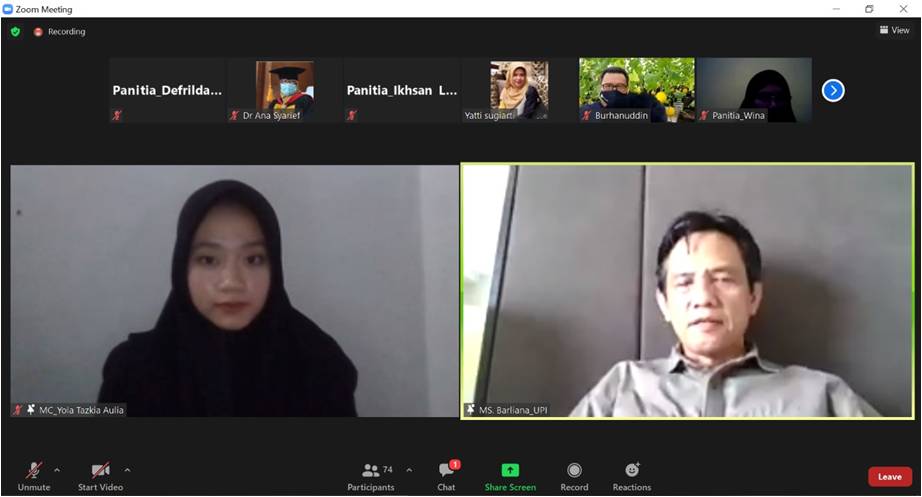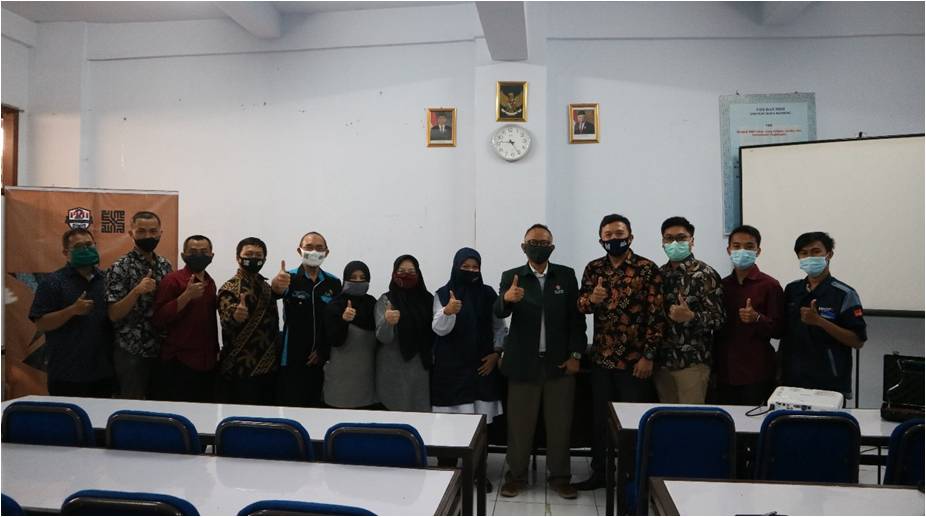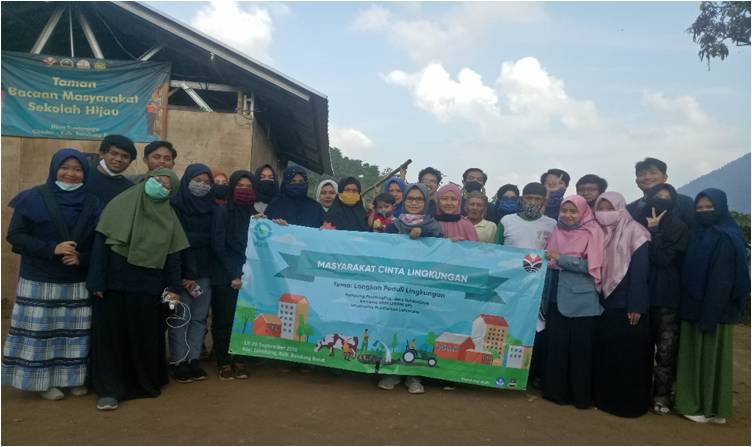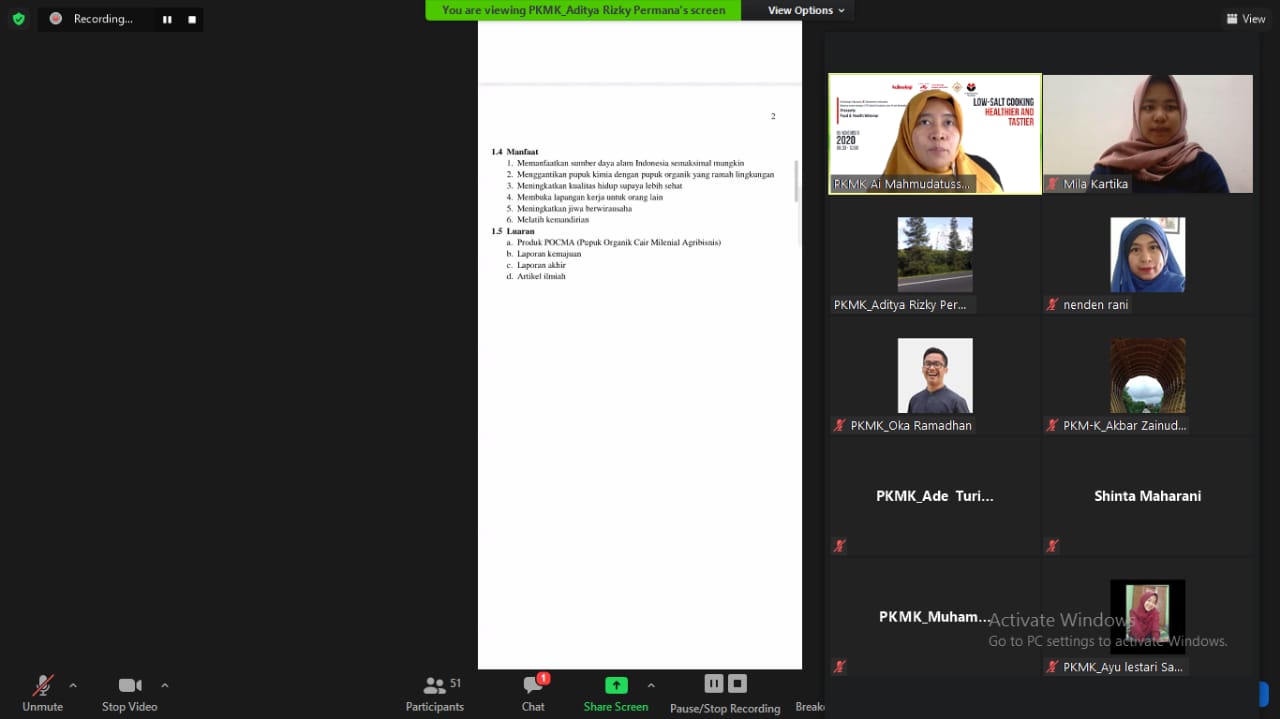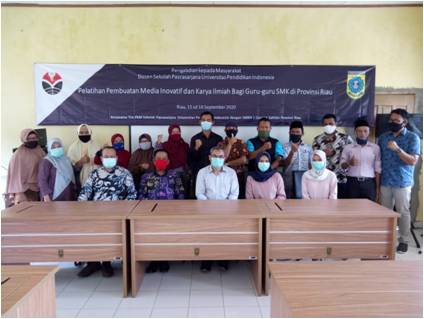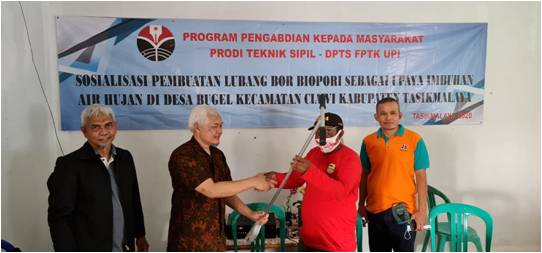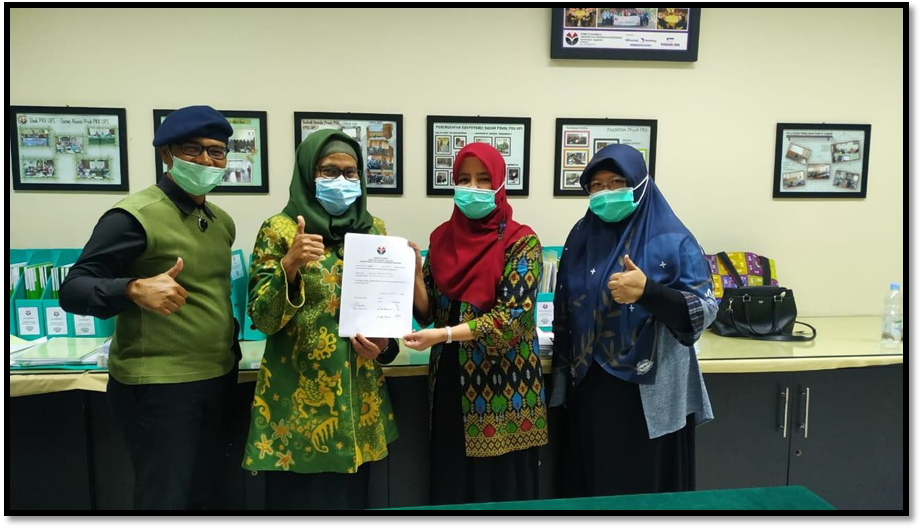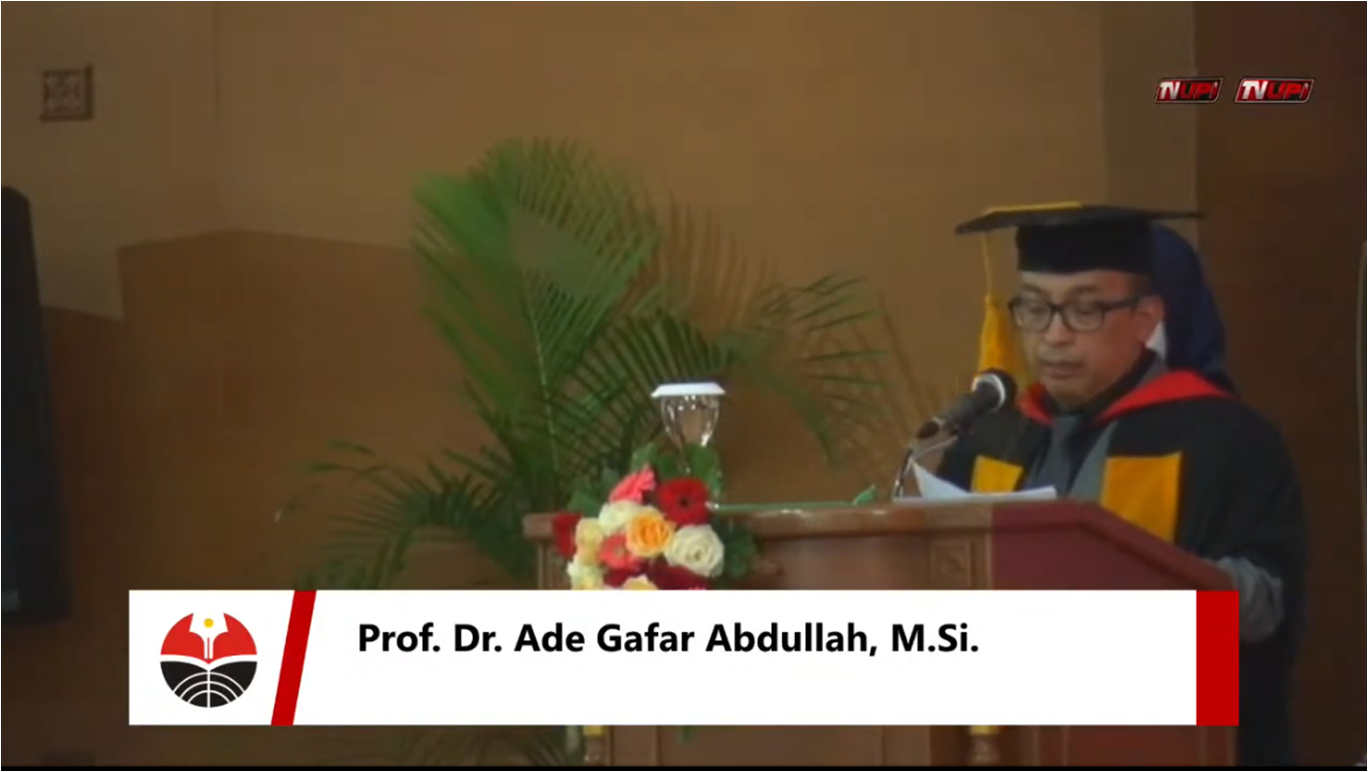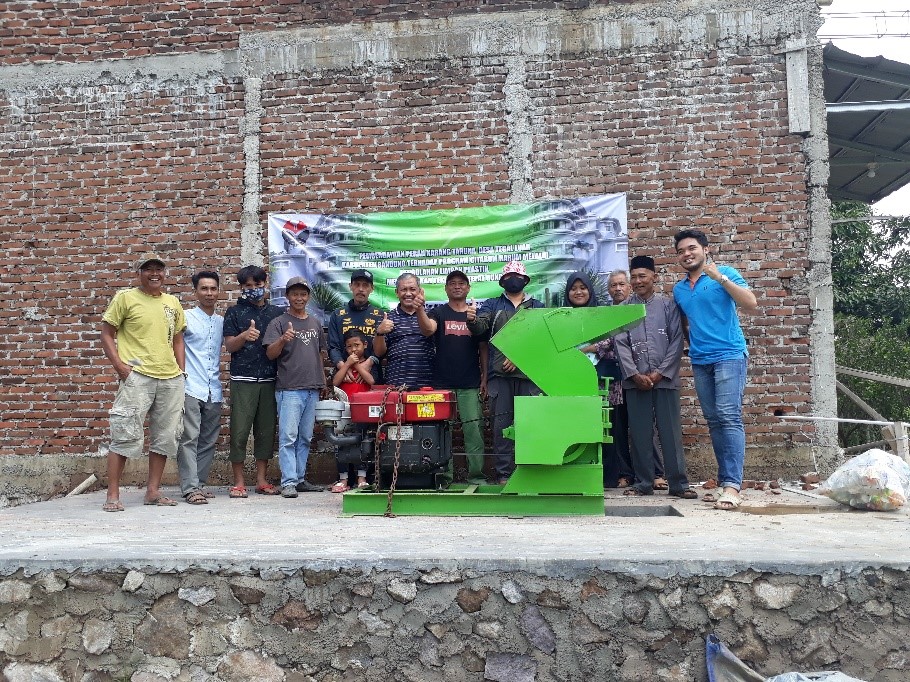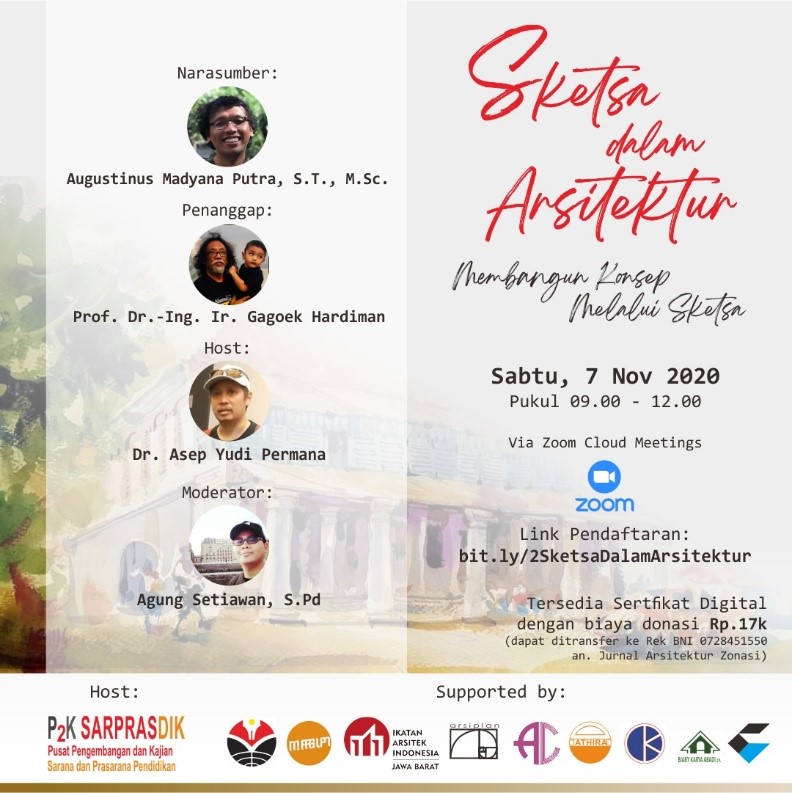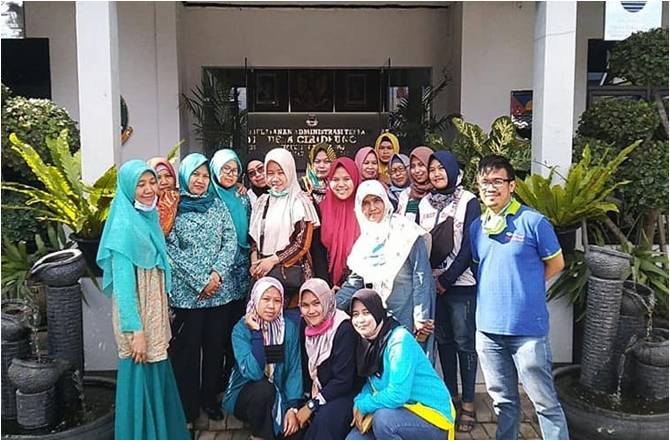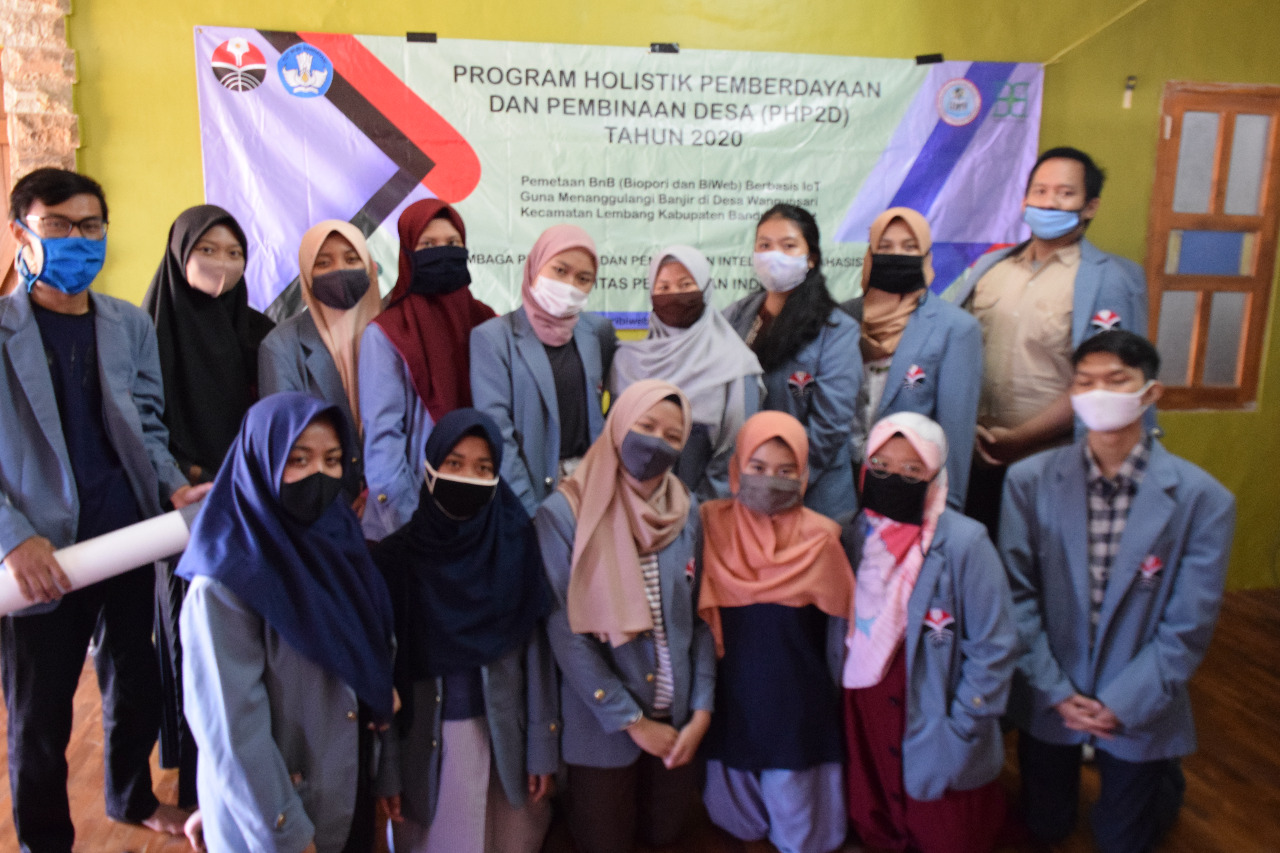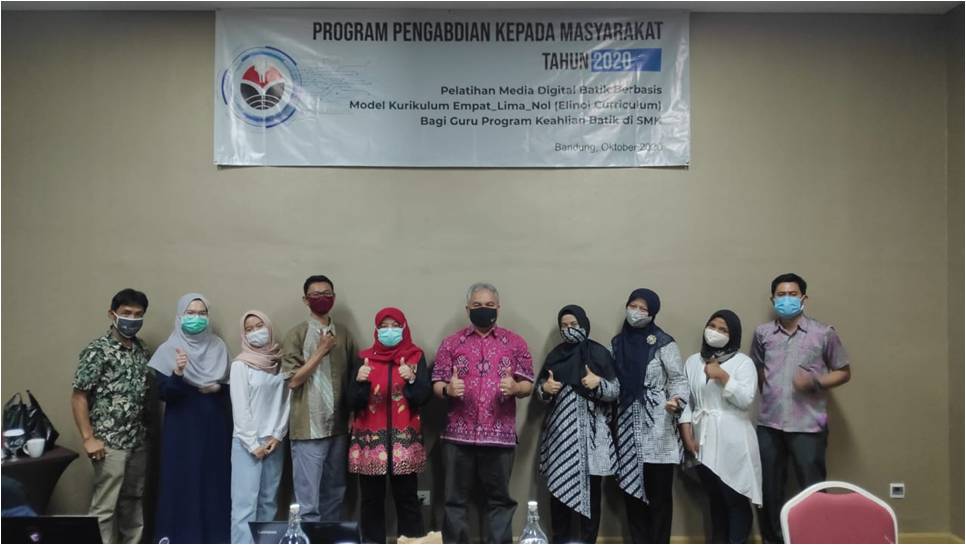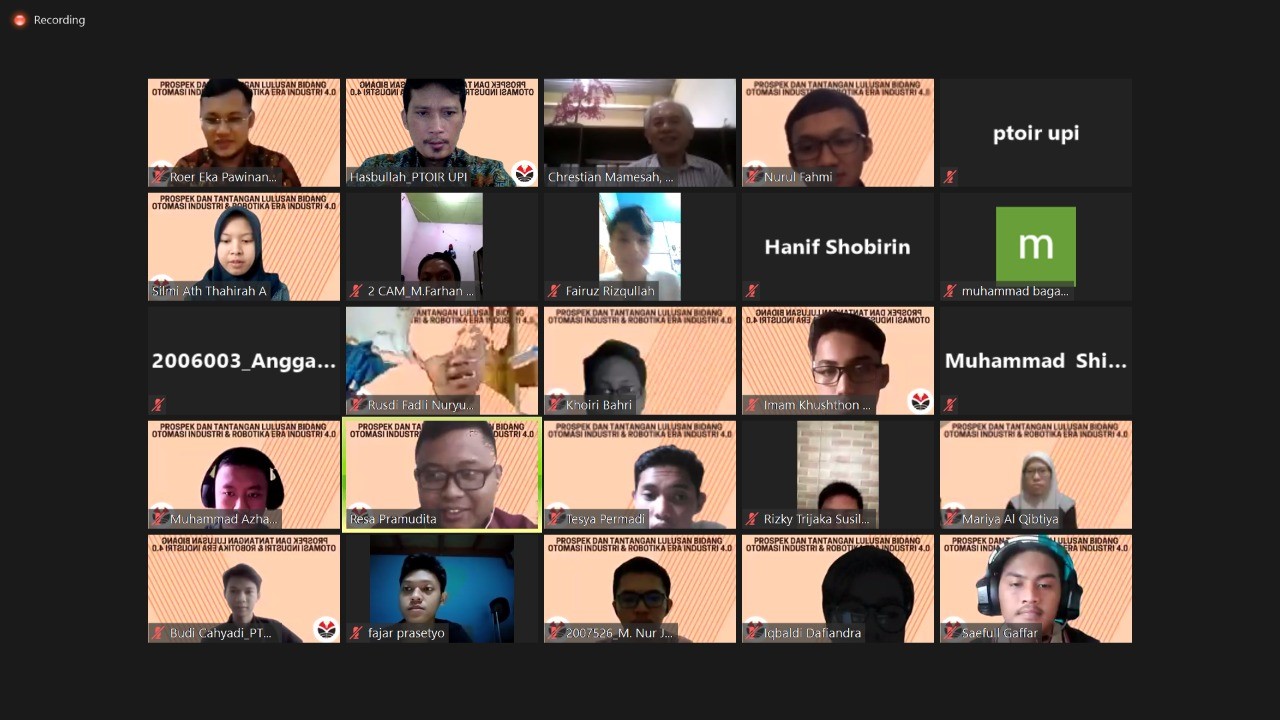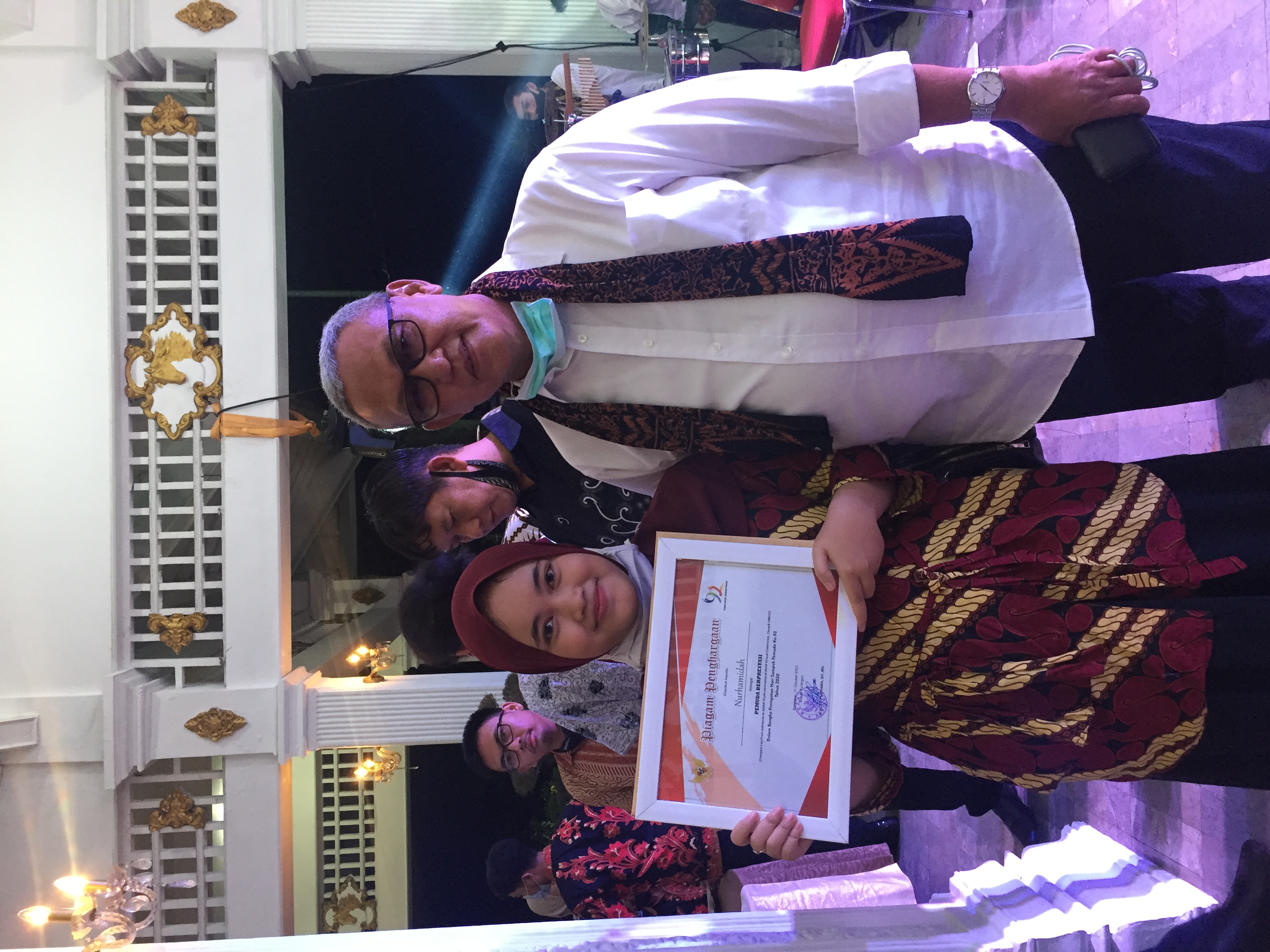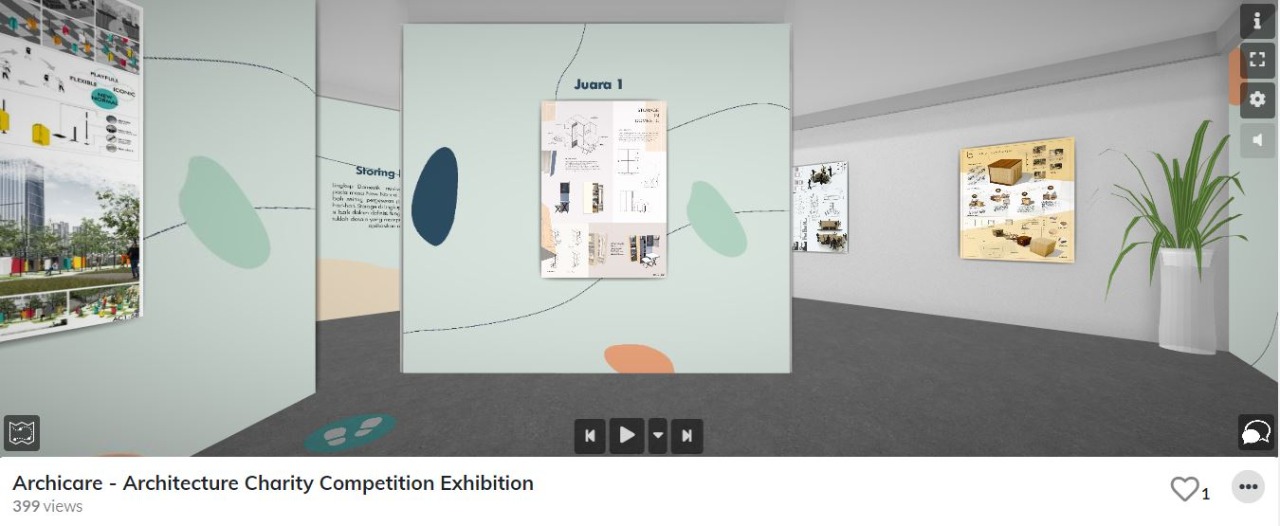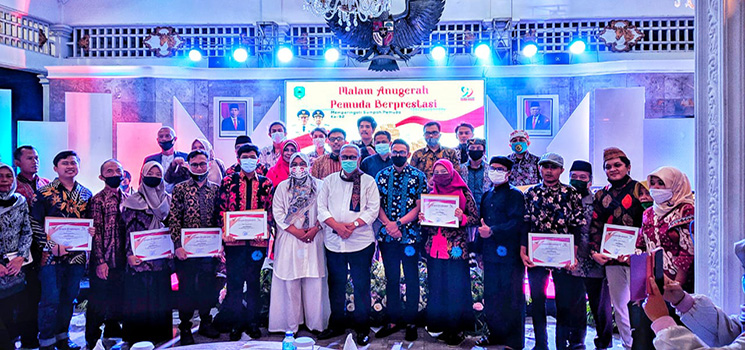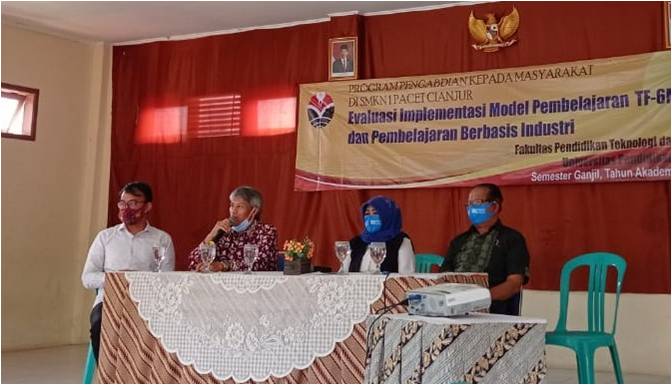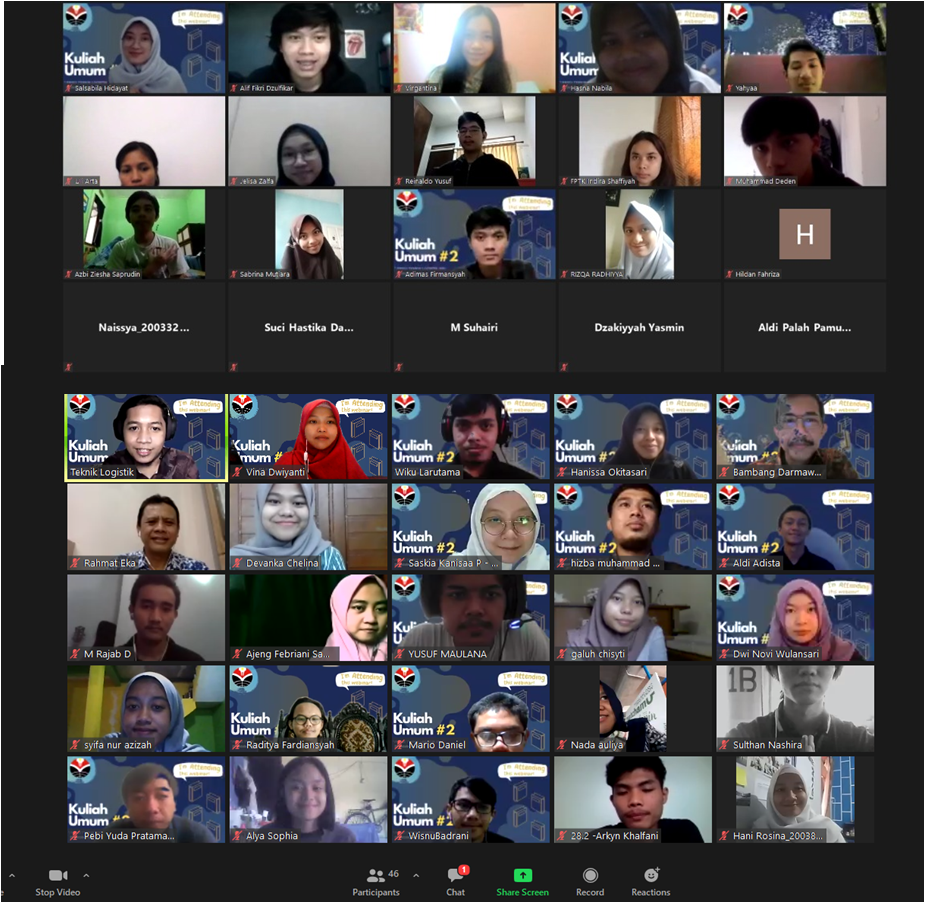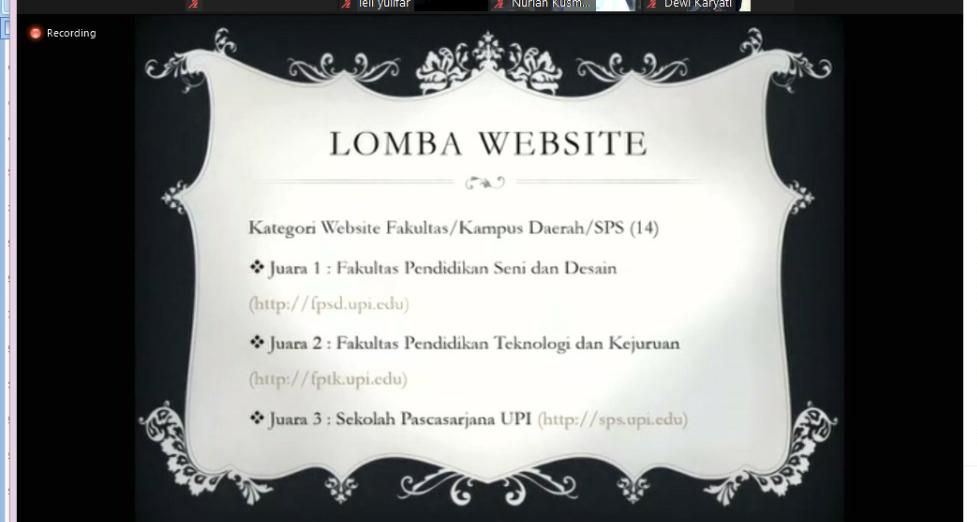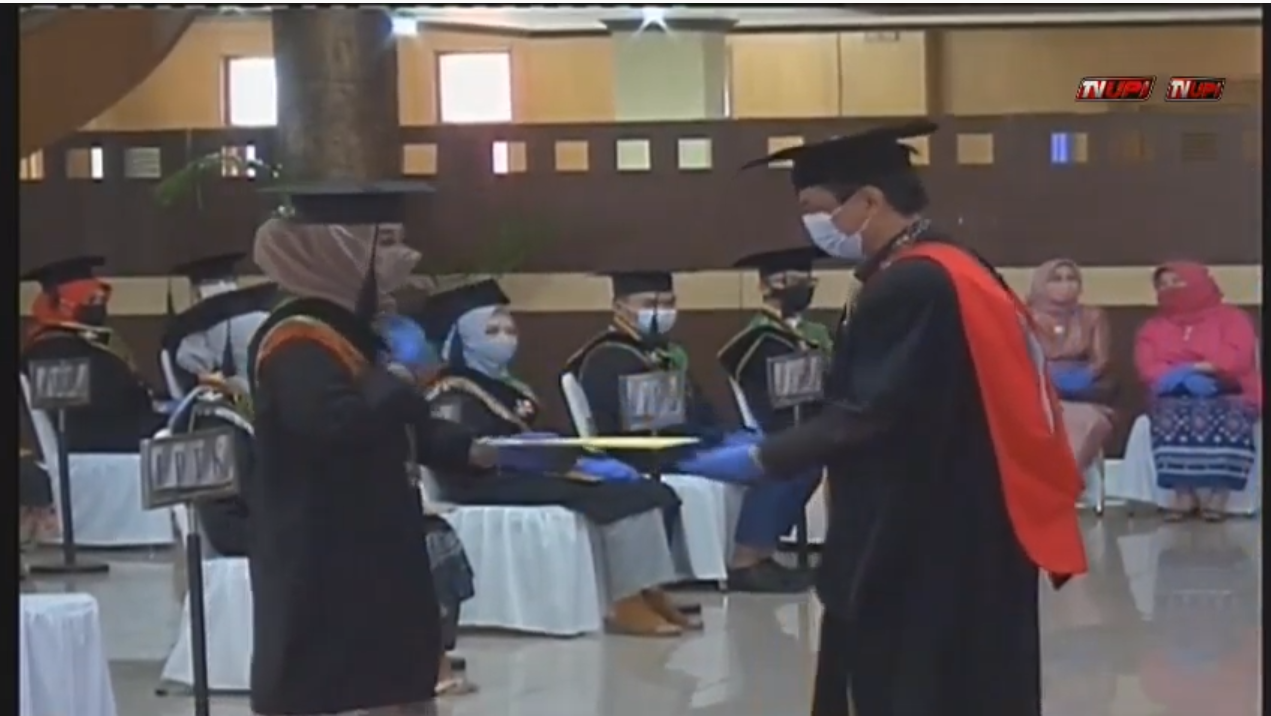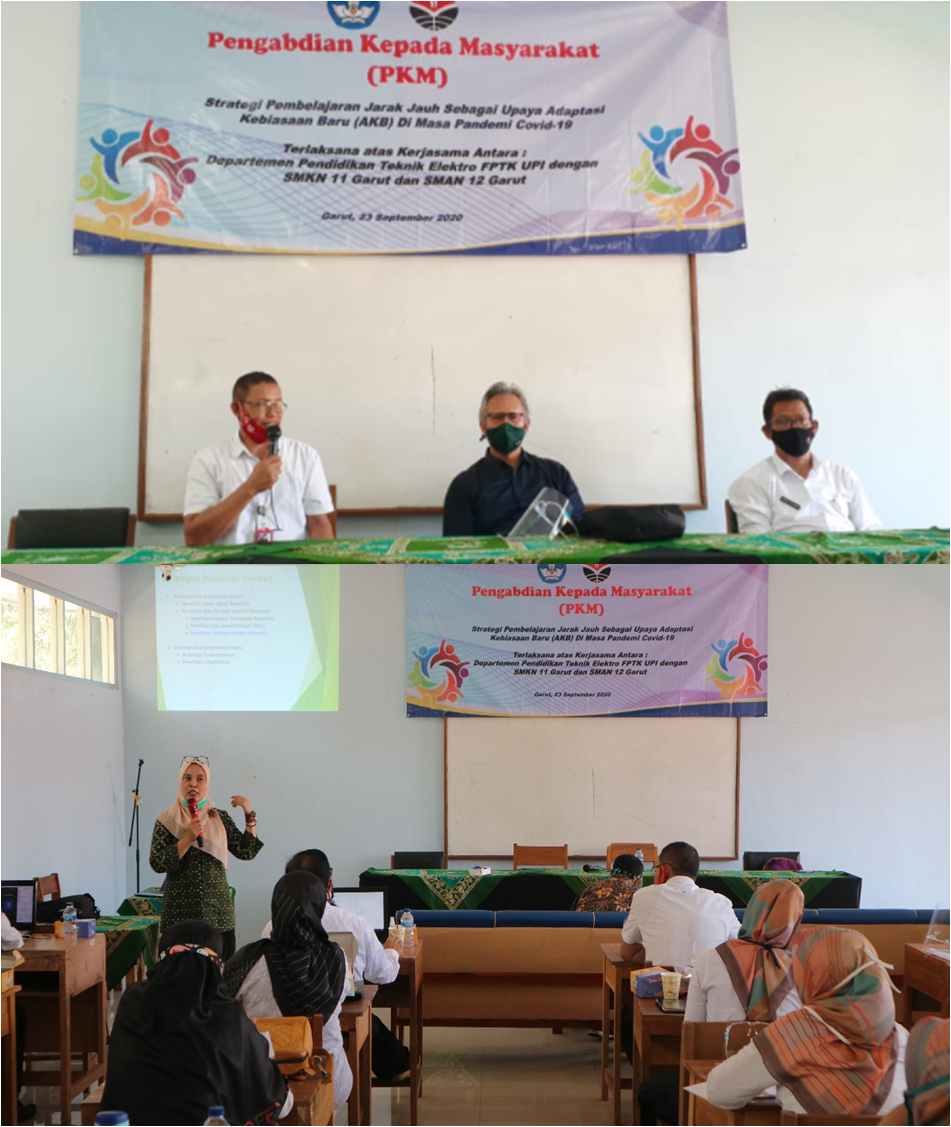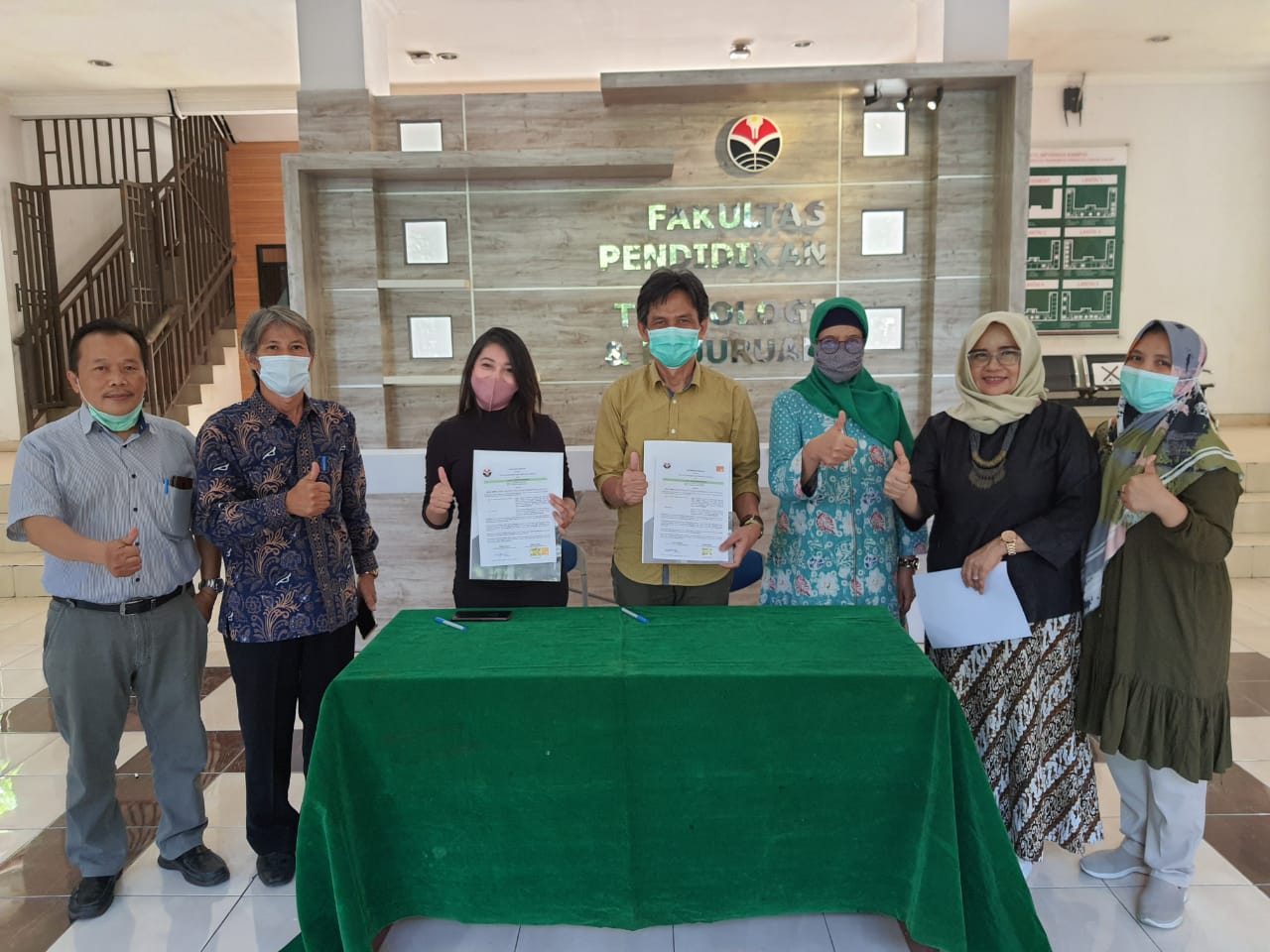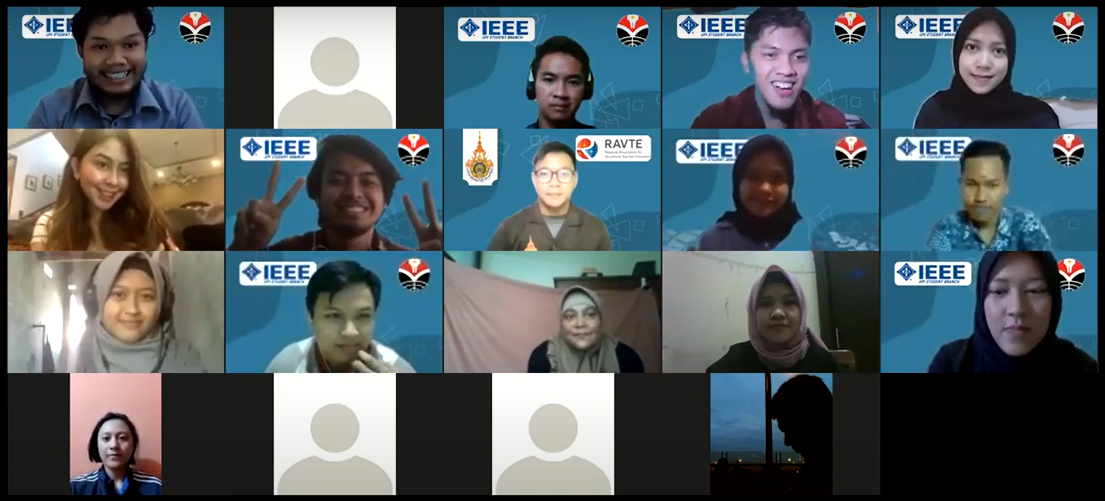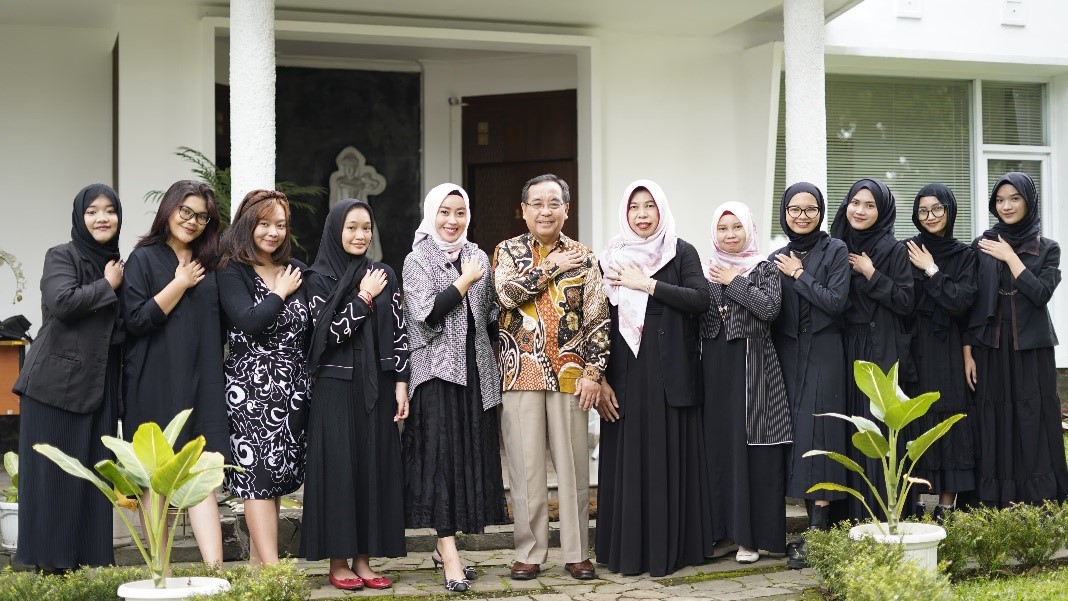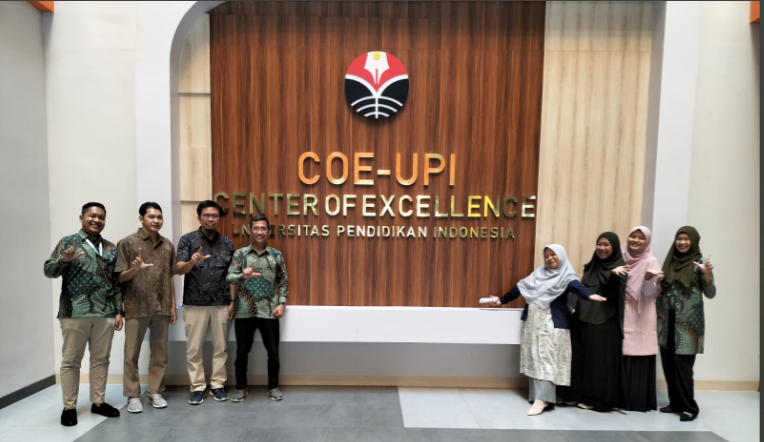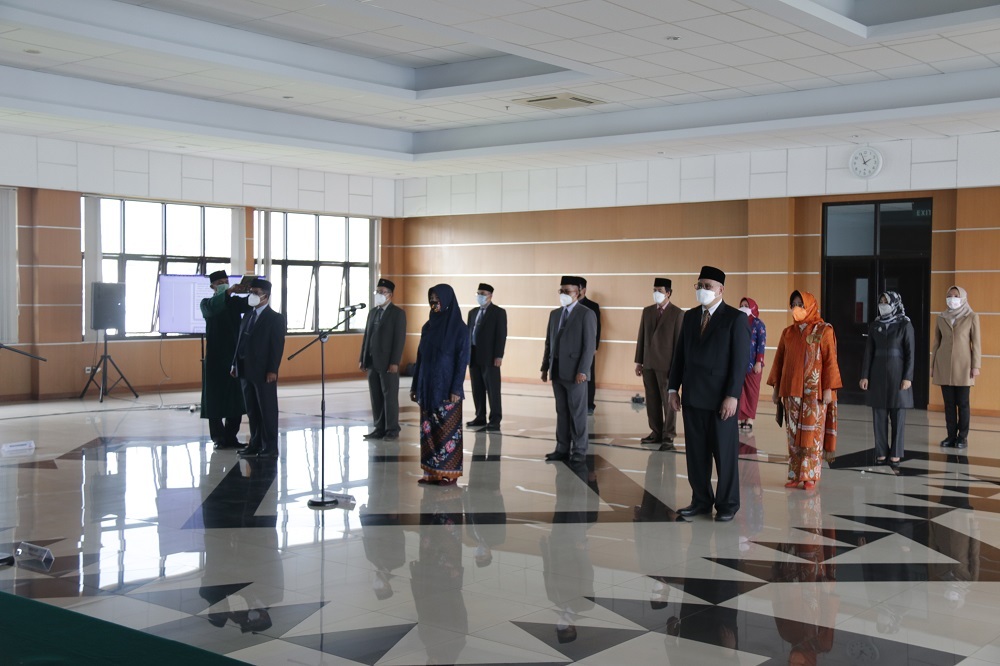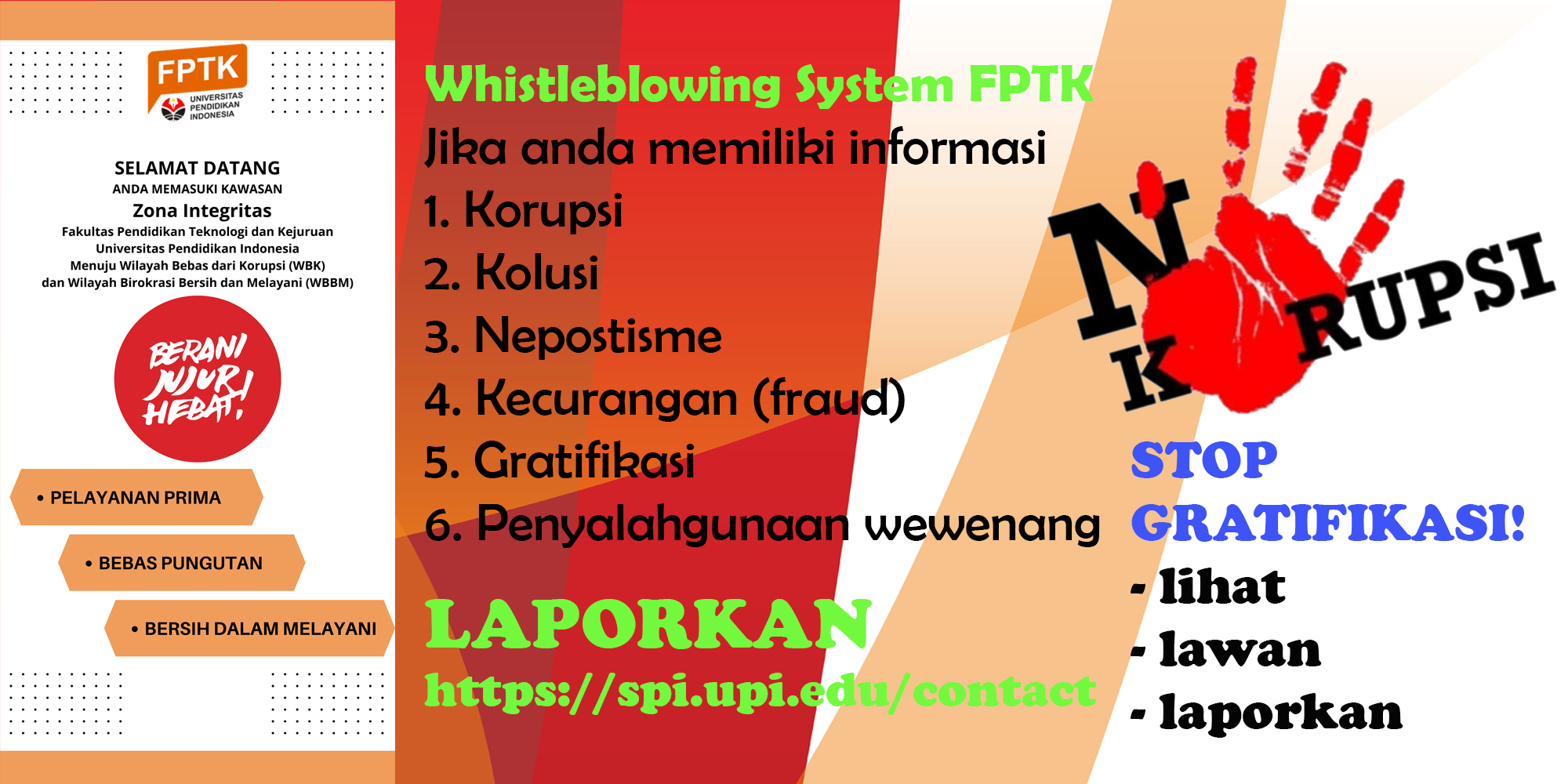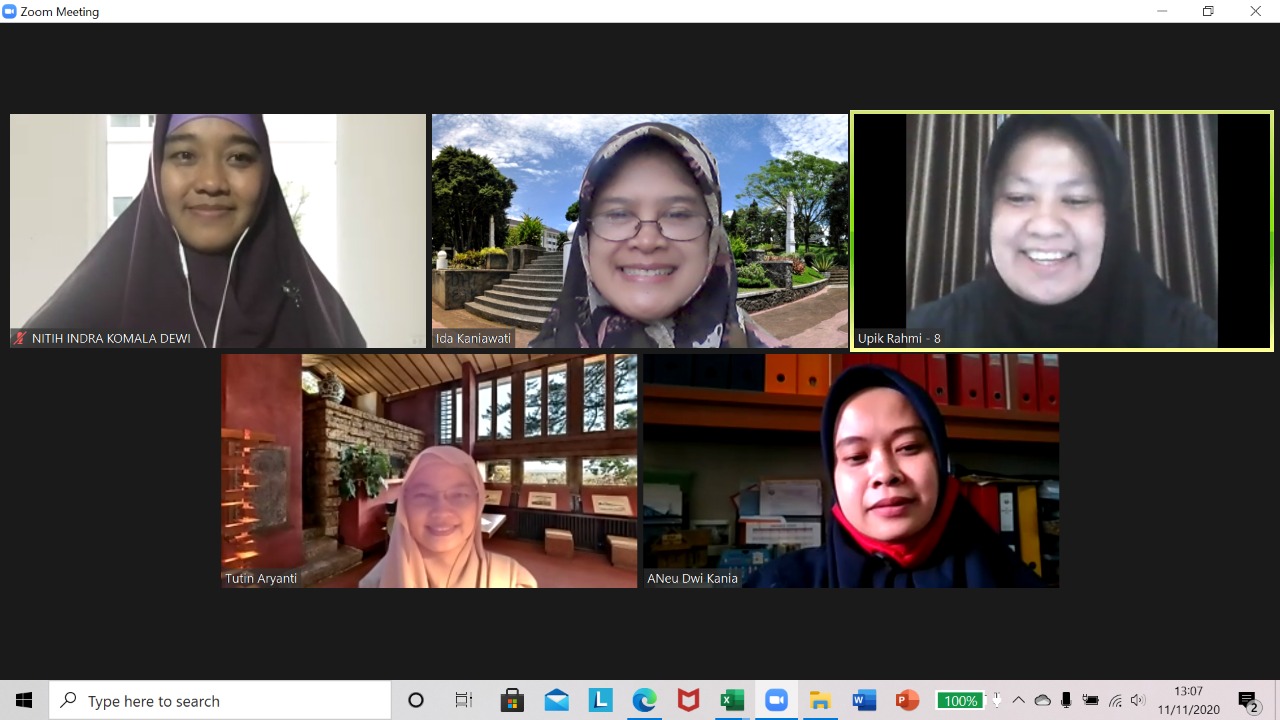
Department of Architectural Engineering Education, Faculty of Technical and Vocational Education, Universitas Pendidikan Indonesia (DPTA FPTK UPI) received a visitation from the UPI Internal Quality Audit Team (AMI) 2020, on Wednesday, 11 November 2020. The event took place virtually through the Zoom Meeting application from 09.00 to 13.15 Western Indonesian Time. This audit activity is performed once a year by the UPI Quality Assurance Unit (SPM).
In DPTA FPTK UPI, there are two programs of study audited by the AMI Team, namely the Architecture Program of Study and the Architectural Engineering Education Program of Study. Various aspects that are assessed including one year's performance in academics, general administration, student affairs, and cooperation.
The Internal Quality Audit (AMI) which is conducted annually is part of the SPMI's internal quality assurance system which aims to maintain quality and is also part of the external quality assurance system. This is an integral part of and contributes to external quality assurance, both implemented by BAN-PT, as well as Accreditation, International Certification, and to ensure the achievement of Higher Education Standards. Referring to Permendikbud No. 3 of 2020 and Permenristekdikti No. 44 of 2015. Based on the instruments submitted by SPM UPI, there are 99 questions related to the National Higher Education Standards and UPI Standards which are:
1. Graduate Competency Standards
2. Learning Content Standards
3. Learning Planning Standards
4. Learning Process Standards
5. Learning Assessment Standards
6. Lecturers and Education Personnel Standards
7. Learning Facilities and Infrastructure Standards
8. Learning Management Standards
9. Learning Financing Standards
10. Research Standards
11. Research Content Standards
12. Research Process Standards
13. Research Assessment Standards
14. Researcher Standards
15. Research Infrastructure Standards
16. Research Management Standards
17. Research Funding and Financing Standards
18. Standard Community Service Results
19. Standard Content of Community Service
20. Standard Community Service Process
21. Community Service Assessment Standards
22. Community Service Implementation Standards
23. Community Service Infrastructure Standards
24. Funding and Community Service Financing Standards
25. Student Standards
The standards set by UPI exceed the Higher Education Standards by adding student standards, information systems, human resources, facilities and infrastructure, planning and development, reporting, and planning. From the 16 standards set by the Higher Education, 57 standards are used in the UPI Internal Quality Audit.
The assessors have disclosed that the internal quality audit is not an assessment, but much more an align between the implementation and planning of the activity/program. Internal Quality Audit (AMI) is a systematic, independent, and documented testing process to ensure that the implementation of activities in the Study Program or other units is following procedures and the results are following standards to achieve institutional goals
The assessors check the compliance of the table entries with the existing data. In this process, the assessors provided many inputs related to quality improvement and quality assurance efforts that could be implemented by the program of study to improve the services.
The assessors state that there is a need for an orderly and disciplined documentation system because quality assurance is not only about services but also documentation of the services.
At the end of the event, the Head of the Architecture Program of Study, Tutin Aryanti, PhD, shared that in general, the audit results in the Architecture Study Program and the Architectural Engineering Education Program of Study were very good. Although several things need improvement including the research integration, community service with learning activities, and documentation of service processes and results.
On the same occasion, the Head of the Architectural Engineering Education Program of Study, Dr Johar Maknun, M.Sc., said that various inputs obtained during the auditing process were used as evaluation materials for the program of study itself to determine the effectiveness of the quality management system implemented so it is always in line with the vision and mission of the university.
In DPTA FPTK UPI, there are two programs of study audited by the AMI Team, namely the Architecture Program of Study and the Architectural Engineering Education Program of Study. Various aspects that are assessed including one year's performance in academics, general administration, student affairs, and cooperation.
The Internal Quality Audit (AMI) which is conducted annually is part of the SPMI's internal quality assurance system which aims to maintain quality and is also part of the external quality assurance system. This is an integral part of and contributes to external quality assurance, both implemented by BAN-PT, as well as Accreditation, International Certification, and to ensure the achievement of Higher Education Standards. Referring to Permendikbud No. 3 of 2020 and Permenristekdikti No. 44 of 2015. Based on the instruments submitted by SPM UPI, there are 99 questions related to the National Higher Education Standards and UPI Standards which are:
1. Graduate Competency Standards
2. Learning Content Standards
3. Learning Planning Standards
4. Learning Process Standards
5. Learning Assessment Standards
6. Lecturers and Education Personnel Standards
7. Learning Facilities and Infrastructure Standards
8. Learning Management Standards
9. Learning Financing Standards
10. Research Standards
11. Research Content Standards
12. Research Process Standards
13. Research Assessment Standards
14. Researcher Standards
15. Research Infrastructure Standards
16. Research Management Standards
17. Research Funding and Financing Standards
18. Standard Community Service Results
19. Standard Content of Community Service
20. Standard Community Service Process
21. Community Service Assessment Standards
22. Community Service Implementation Standards
23. Community Service Infrastructure Standards
24. Funding and Community Service Financing Standards
25. Student Standards
The standards set by UPI exceed the Higher Education Standards by adding student standards, information systems, human resources, facilities and infrastructure, planning and development, reporting, and planning. From the 16 standards set by the Higher Education, 57 standards are used in the UPI Internal Quality Audit.
The assessors have disclosed that the internal quality audit is not an assessment, but much more an align between the implementation and planning of the activity/program. Internal Quality Audit (AMI) is a systematic, independent, and documented testing process to ensure that the implementation of activities in the Study Program or other units is following procedures and the results are following standards to achieve institutional goals
The assessors check the compliance of the table entries with the existing data. In this process, the assessors provided many inputs related to quality improvement and quality assurance efforts that could be implemented by the program of study to improve the services.
The assessors state that there is a need for an orderly and disciplined documentation system because quality assurance is not only about services but also documentation of the services.
At the end of the event, the Head of the Architecture Program of Study, Tutin Aryanti, PhD, shared that in general, the audit results in the Architecture Study Program and the Architectural Engineering Education Program of Study were very good. Although several things need improvement including the research integration, community service with learning activities, and documentation of service processes and results.
On the same occasion, the Head of the Architectural Engineering Education Program of Study, Dr Johar Maknun, M.Sc., said that various inputs obtained during the auditing process were used as evaluation materials for the program of study itself to determine the effectiveness of the quality management system implemented so it is always in line with the vision and mission of the university.
Berita Terkait

FPTK
A Student of Family Welfare Program of Study Wins 1st Place in Community Service Ad Video Contest
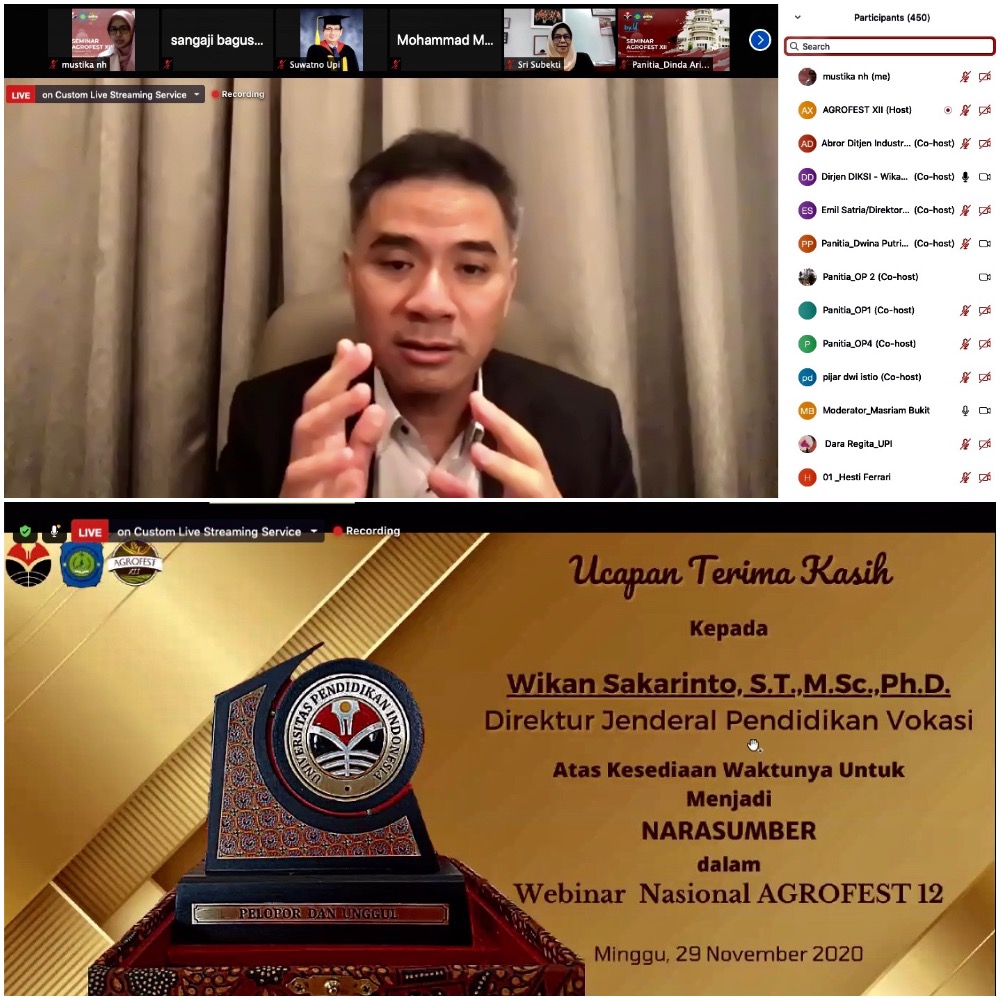
FPTK
Directorate General of Vocational Education, Ministry of Education and Culture: Start from the end

FPTK
The Story of Della Aliyah, the Best Graduate of a Bachelor of Fashion Design Education Study Program
Profile FPTK 2023
Arsip Berita
Berita Populer & Terbaru
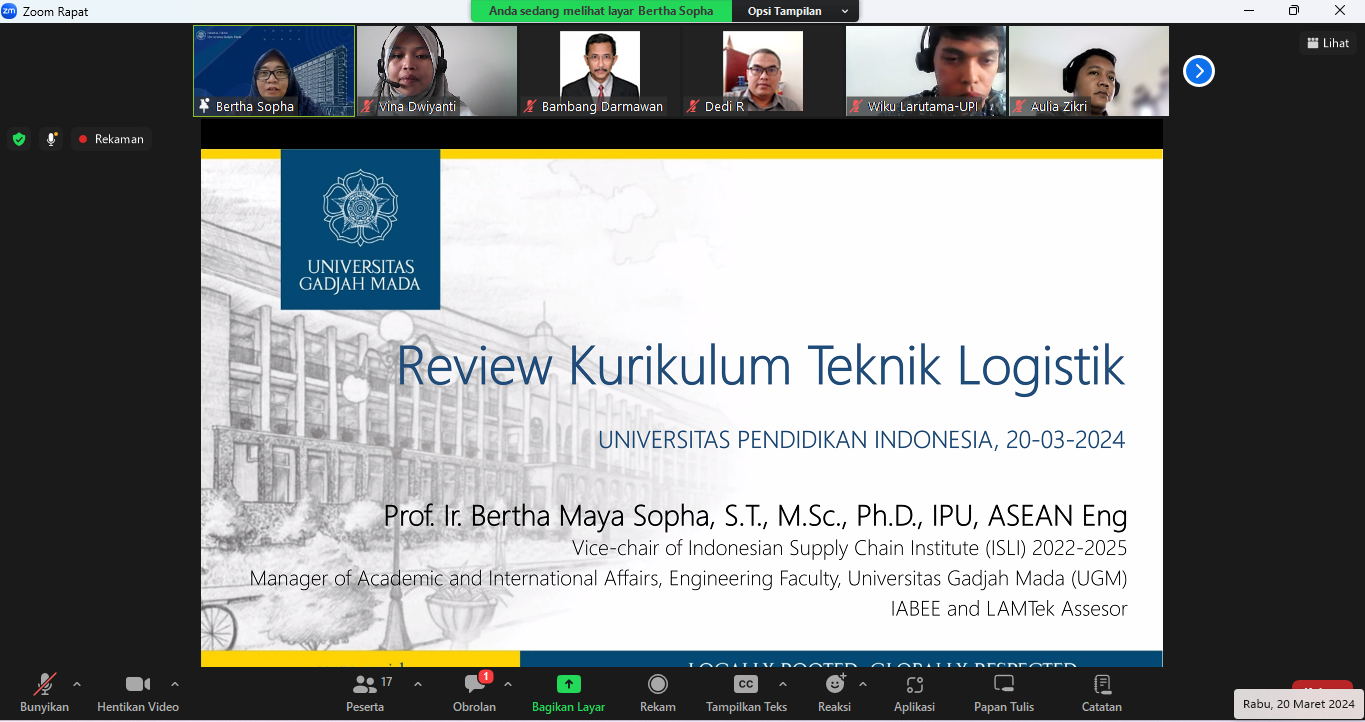
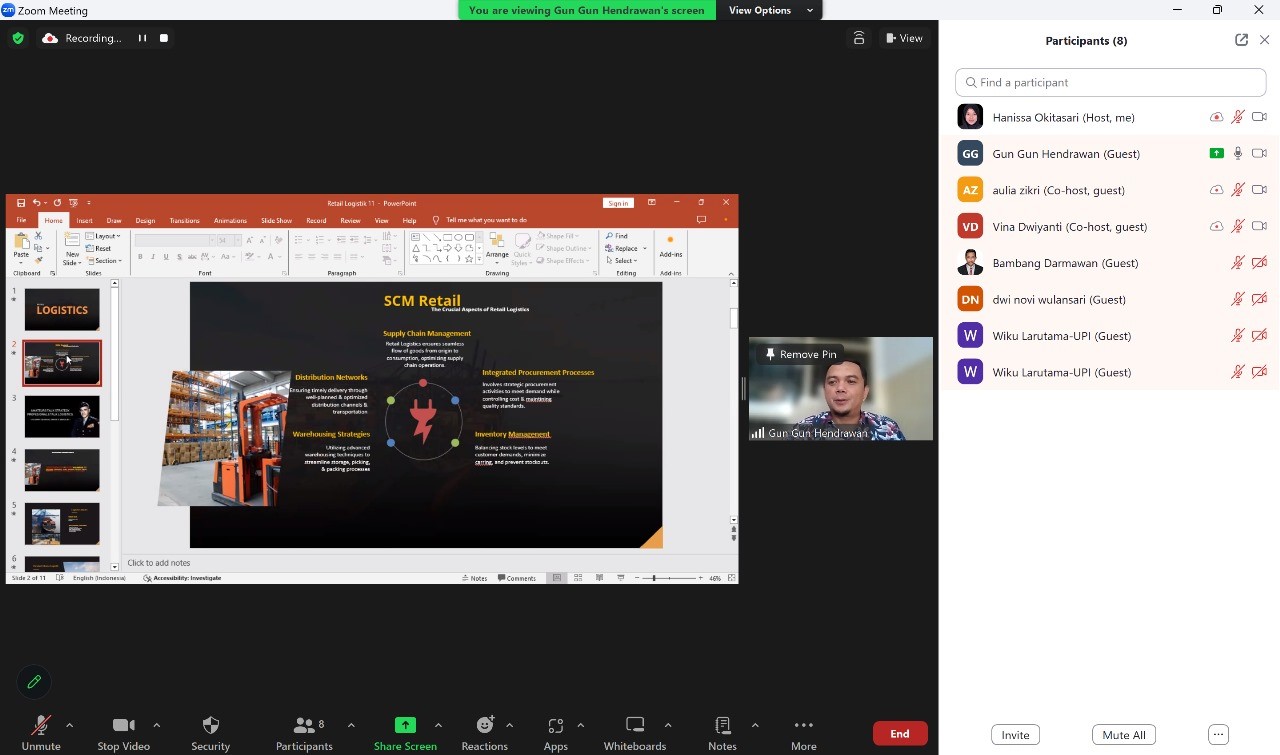
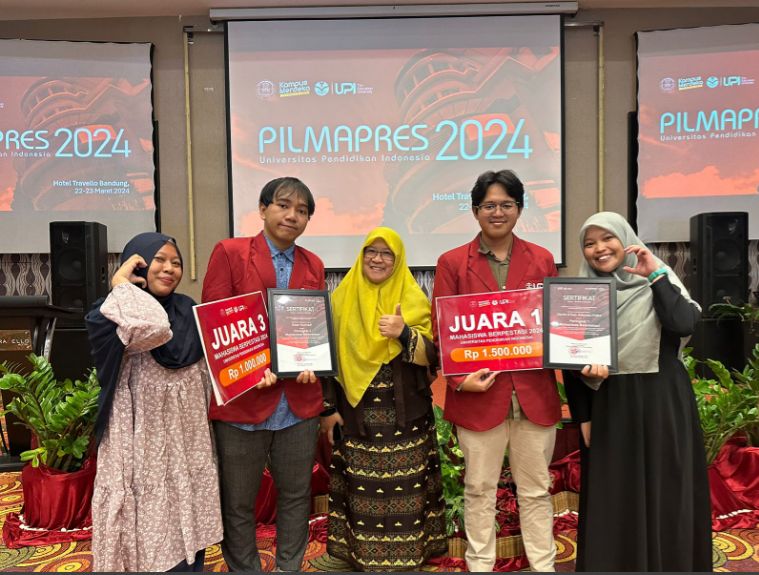
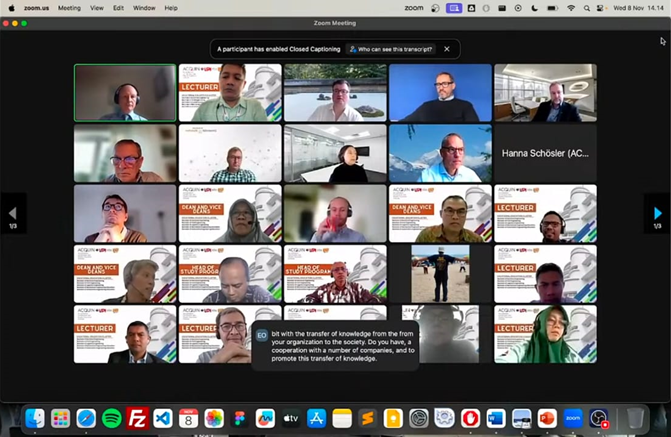
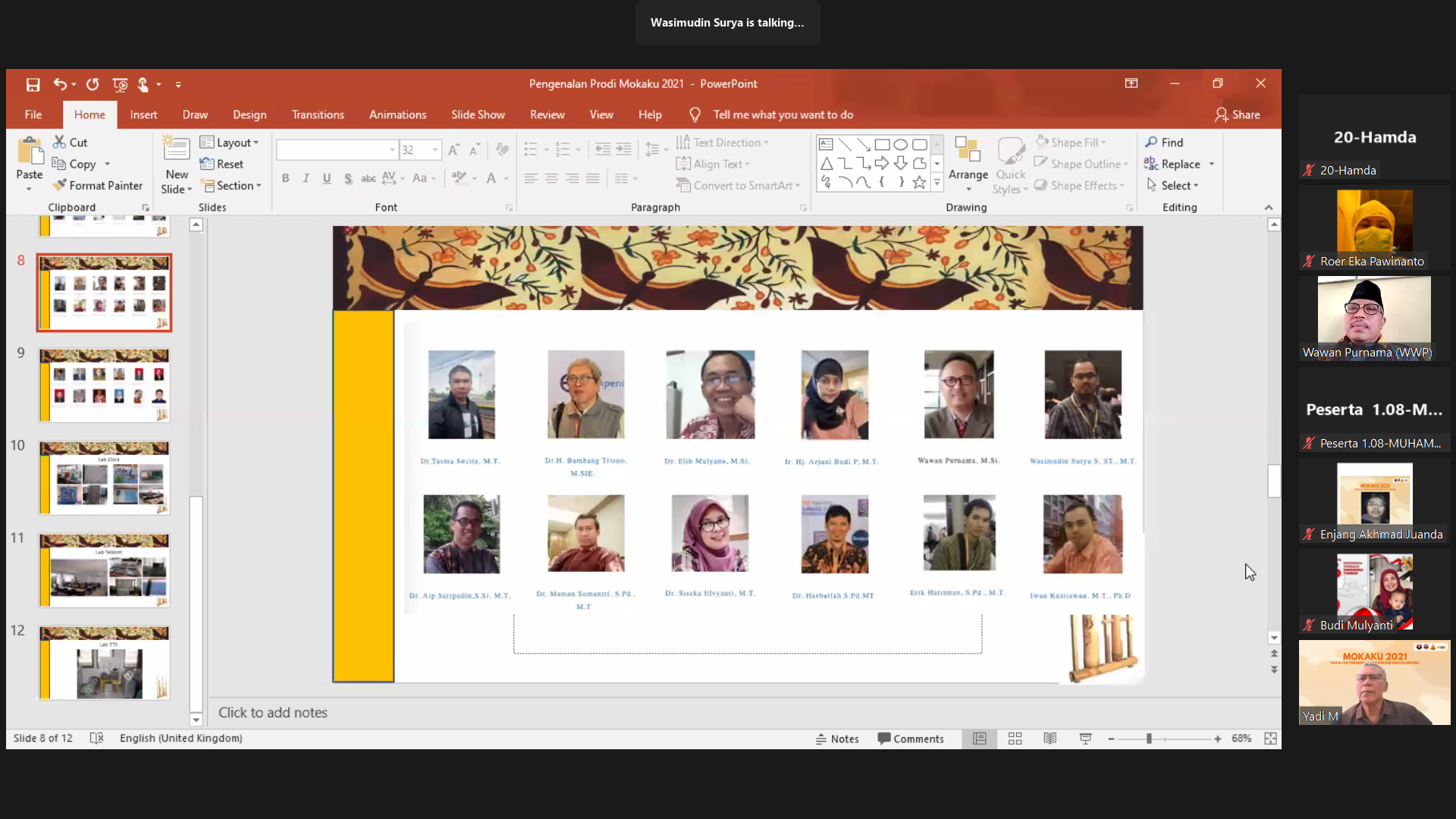
 Fakultas Pendidikan Teknologi dan Kejuruan
Fakultas Pendidikan Teknologi dan Kejuruan
